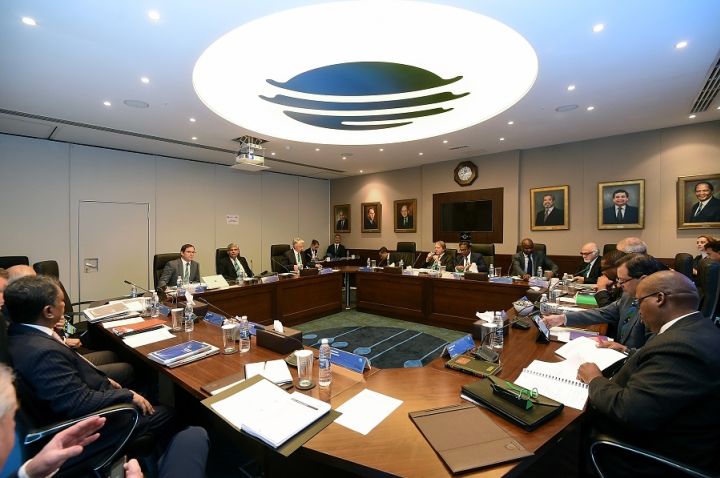What is Indra Nooyi's role?
An explainer into the appointment of the PepsiCo chairman and CEO

Indra Nooyi was appointed to the ICC board as its first independent female director. Here is an explainer of her role and functions for the governing body.
Who is Indra Nooyi?
Nooyi is the chairman and chief executive officer of global beverage giant PepsiCo, and one of the most prominent global business leaders. Nooyi, a graduate from the Indian Institute of Management (Calcutta), joined PepsiCo in 1994 as a senior vice-president and swiftly climbed into positions as president and chief financial officer before assuming the role of chairman in 2007.
Why her?
The ICC searched globally, and Nooyi's credentials were exemplary. Apart from her immense commercial experience, she also played cricket as a teenager and in college and considers herself an enthusiast.
What will be her role?
Nooyi will be an independent director sitting on an expanded 17-person ICC Board, which is made up of directors of the 12 Full Member countries (including newly-inducted Ireland and Afghanistan), three Associates and the ICC chairman.
Will Nooyi have a vote?
Yes, as will the other 16 members of the board.
Is Nooyi the first women's director in cricket?
No. Several Full Members have at least one woman director on their own boards, some of whom also sit in independent capacities. New Zealand Cricket has four women directors; Cricket Australia, the ECB, Cricket South Africa and Zimbabwe Cricket have two each. Cricket West Indies has one woman director. Cricket Ireland, who were inducted into the ICC as a Full Member last June, also have one woman director. This April, they will announce their first-ever woman president. The four subcontinent boards, however, don't have any female directors.
How long is Nooyi's tenure?
Her initial appointment is set for two years. But she can be reappointed for a further two terms with a maximum tenure of six consecutive years.
Why did the ICC appoint an independent director?
The appointment is part of a raft of extensive changes the ICC has made to its constitution, and has echoes of the famously discarded Woolf report, which called for more independent directors in the body. Those recommendations resonated with Shashank Manohar when he became the ICC's first independent chairman in 2016; one of his primary aims was to make the ICC board more diverse and accountable. The board has never had female representation but the ICC believes that greater diversity will improve decision-making and expand perspective. It will, the body hopes, create greater opportunities for women in the administration of the game.
Nagraj Gollapudi is a senior assistant editor at ESPNcricinfo
Read in App
Elevate your reading experience on ESPNcricinfo App.